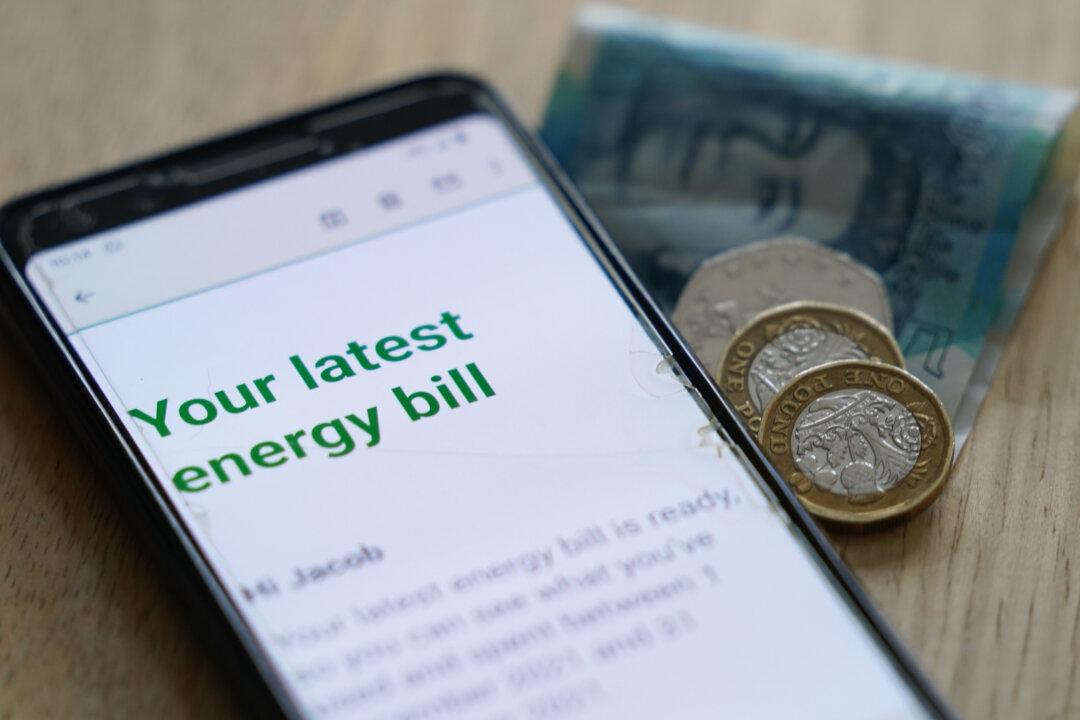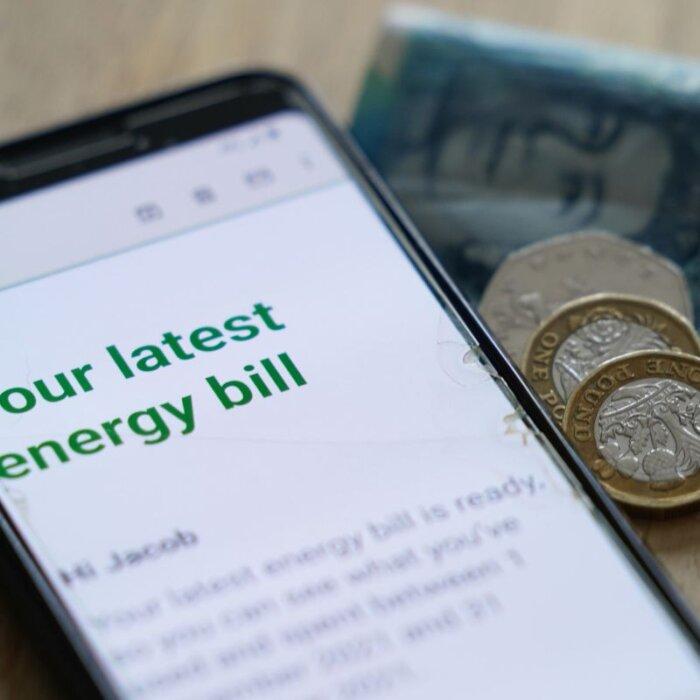The measure will see the average household bill increase by around £1.75 a month, from £1,717 to £1,738-a-year.
The price hike will take effect from January and cover until the end of March 2025.
Ofgem said on Friday that the price cap has remained relatively stable but acknowledged it will be a challenge for too many households.
Speaking about the factors leading up to the price increase, the director general of markets at Ofgem, Tim Jarvis, said: “Our reliance on volatile international markets—which are affected by factors such as events in Russia and the Middle East—means the cost of energy will continue to fluctuate.
“So it’s more important than ever to stay focused on building a renewable, home-grown energy system to bring costs down and give households stability.
“In the short term though, anyone struggling with bills should speak to their supplier to make sure they’re getting the help they need and look around to make sure they’re on the best, most affordable deal for them.”
The regulator encouraged consumers to “shop around” for the best tariffs on the market to alleviate the impact of the spike. It said that by switching tariffs for a cheaper fixed deal, households could save up to £140.
Ofgem also said that customers should review the way they pay their bills. Paying by standard credit payments, or after the energy has been used, is “much more expensive,” particularly over the cold winter months, it added.
“Customers could save £100 by simply switching from standard credit payments to Direct Debit payments or smart prepayment meters, which remains the cheapest way to pay for energy,” Ofgem said.
‘Worst Possible Time’
Energy Secretary Ed Miliband said the rise in the energy price cap will “cause concern” among consumers, given the cost-of-living pressures.“That is why the Government will do all we can to help people.
“We are taking action to insulate homes, providing the Warm Home Discount to three million families, driving increased take up of pension credit, and working with suppliers to ensure there is help available for the most vulnerable customers,” he said.
Miliband acknowledged that Britain remains vulnerable to the impact of global markets. He suggested that moving away from fossil fuels to clean energy is “the only way to take back control of our energy, with cheaper and more secure power.”
“That is why we are acting at speed on this mission to give families the energy security they deserve. Every wind turbine and solar panel we install, every home we insulate will help to protect consumers and bring down bills once and for all,” Miliband added.
It is a necessary step to fix the economy and deliver public services improvements, Starmer added.







